The great ages achieved by King Charles’s mother, the Queen (ninety-six), and maternal grandmother, the Queen Mother (101), show that the modern British royal family generally enjoy rude good health. But their royal status and excellent medical care are no guarantee against the illnesses that beset all mortal men and women. In the contemporary era, the most common condition, now afflicting one in every two people, is cancer.
King Charles’s decision to share news of his diagnosis with the world at large — though holding back from disclosing exactly where the cancer was discovered — is a major departure from the reserve and secrecy that has previously marked the royals’ attitude towards their health. As the patron of several cancer charities, Charles clearly hopes that his openness about his condition will encourage other people to come forward and seek early medical help if they suspect that they too are suffering from cancer.
King Charles has never smoked — one of the differences with his wife Queen Camilla
Charles’s diagnosis with the condition shared by so many of his subjects also means his family’s medical history comes under the spotlight.
The King’s paternal grandfather, King George VI, died of lung cancer after a lifetime of cigarette smoking. George VI died in his sleep at Sandringham seventy-two years ago on February 6, 1952. He had been operated on for the removal of part of his lung, but had no idea that his illness was terminal. This was why Princess Elizabeth had been allowed to depart on a tour of East Africa, where she learned of her father’s death and her accession to the throne while staying in a treetops hotel in Kenya.
King George’s elder brother, Edward VIII, known after his 1936 abdication as the Duke of Windsor, also died of cancer twenty years later in 1972. His lifelong smoking habit had contributed to his contracting throat cancer. Knowing that her uncle was dying, Queen Elizabeth made a special visit to see him in his Paris home and thus healed a family rift that had begun with the abdication.
Rumors that Queen Elizabeth herself was afflicted by a form of bone cancer which hampered her mobility when she died in 2022 have never been confirmed. Robert Hardman’s recent account of her passing suggested that she had simply slipped away peacefully from sheer old age. King Charles has never smoked — one of the differences with his wife Queen Camilla, who is known for her fondness for doing so — and has led a healthy life. He had had no serious illnesses until the present crisis, so his form of cancer cannot be attributable to that.
Early diagnosis and treatment of the disease is vitally important to prevent primary tumors from metastasizing and spreading to other organs in the body. The hope must be that in Charles’s case the condition has been detected early enough for a successful outcome to the treatment he is now beginning.
This article was originally published on The Spectator’s UK website.



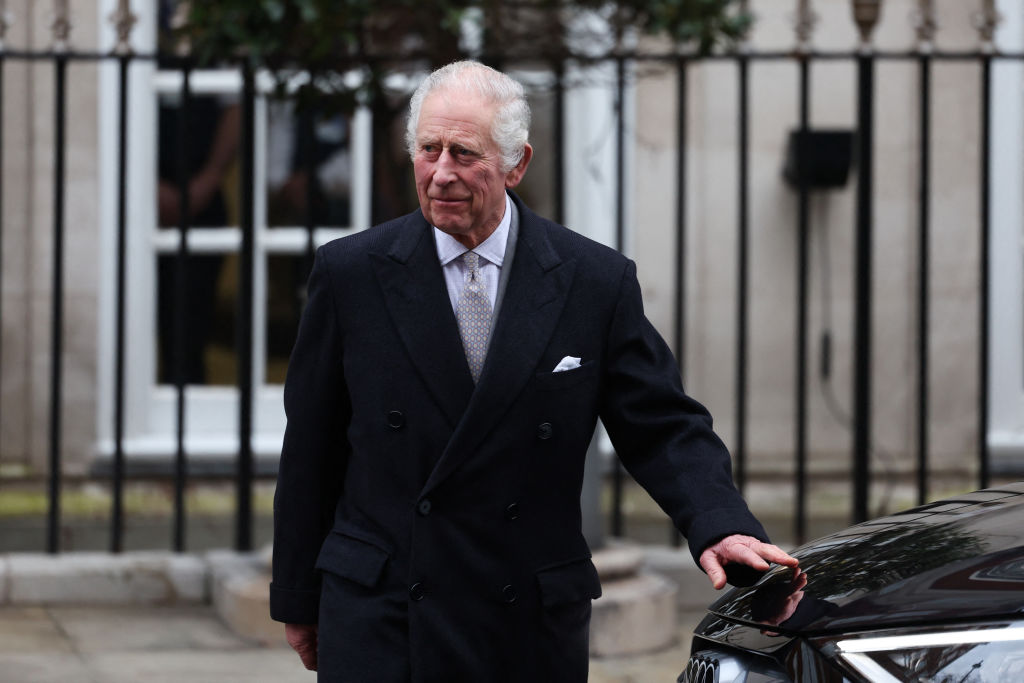










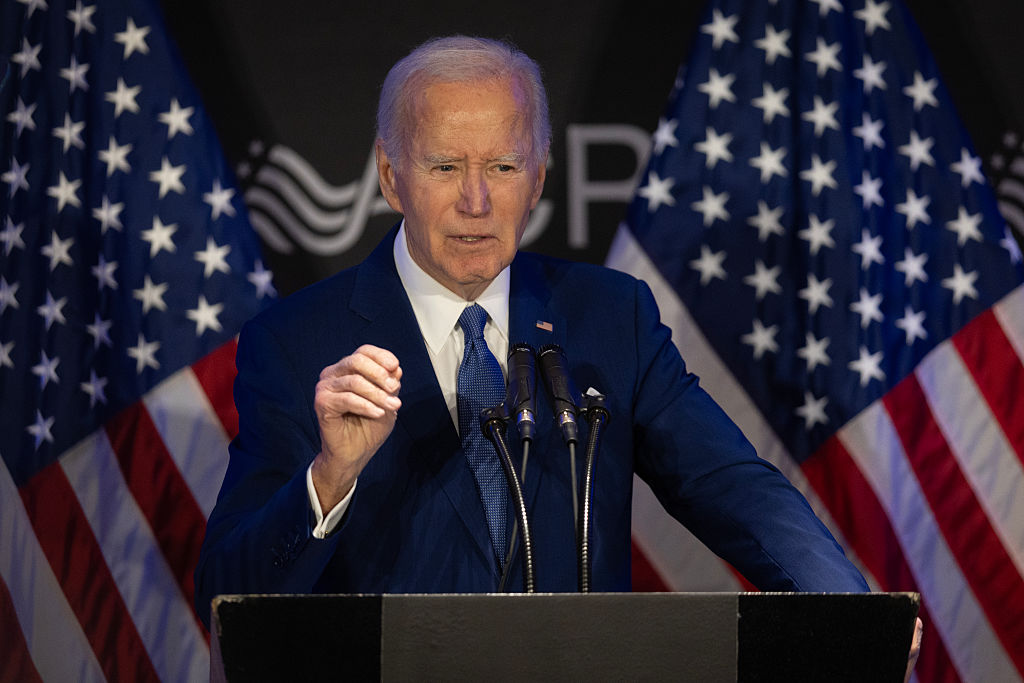
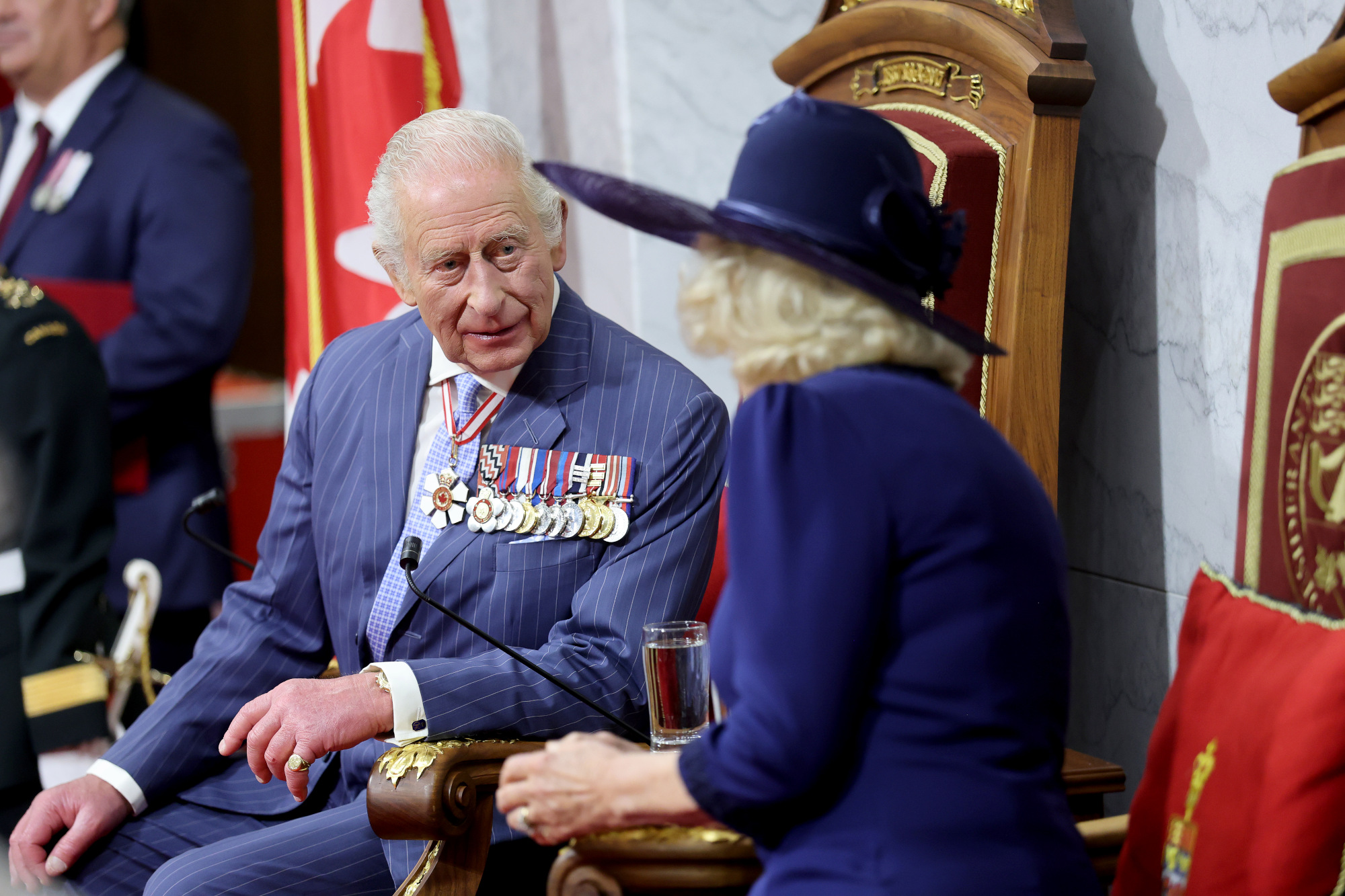
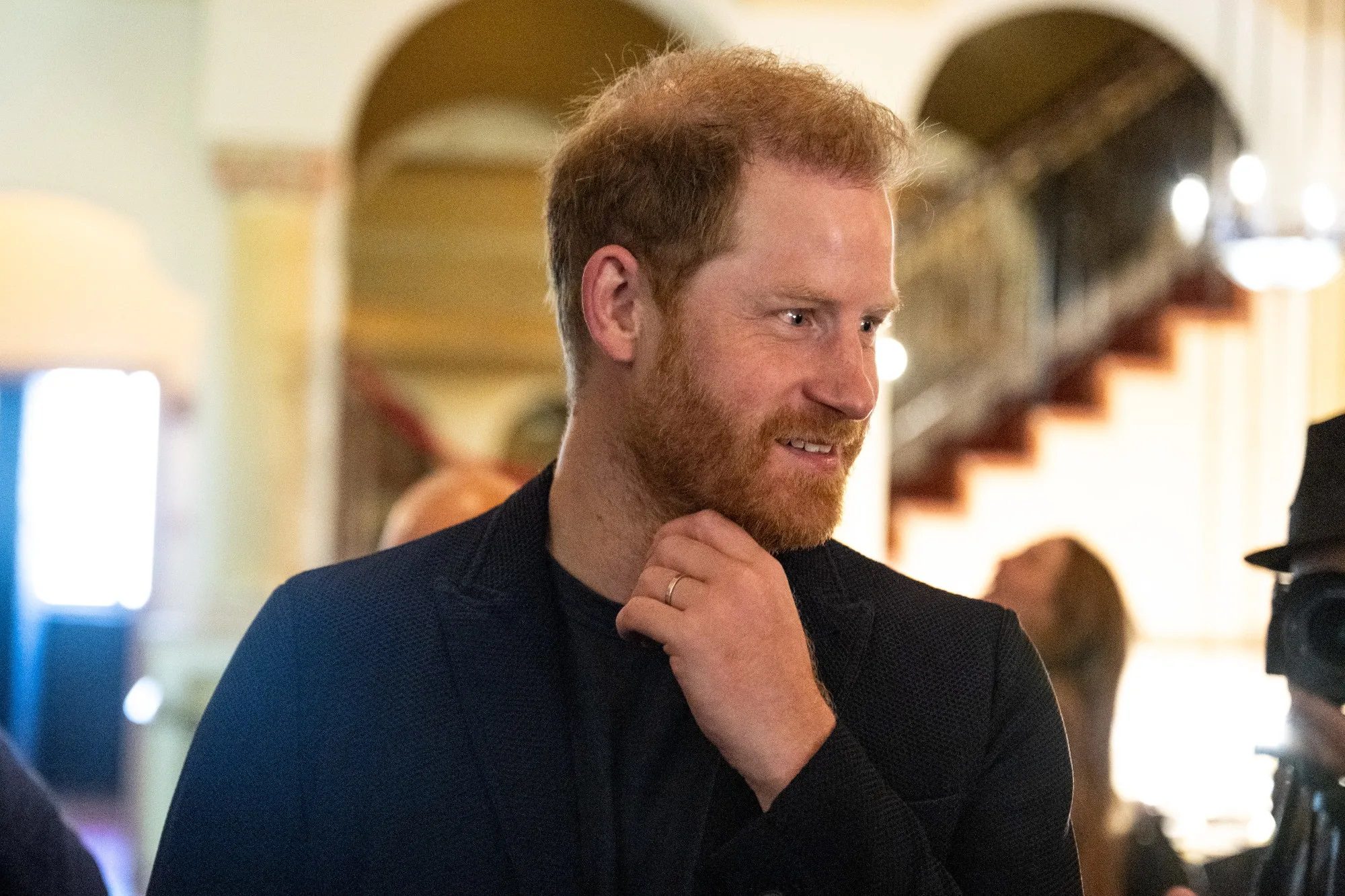
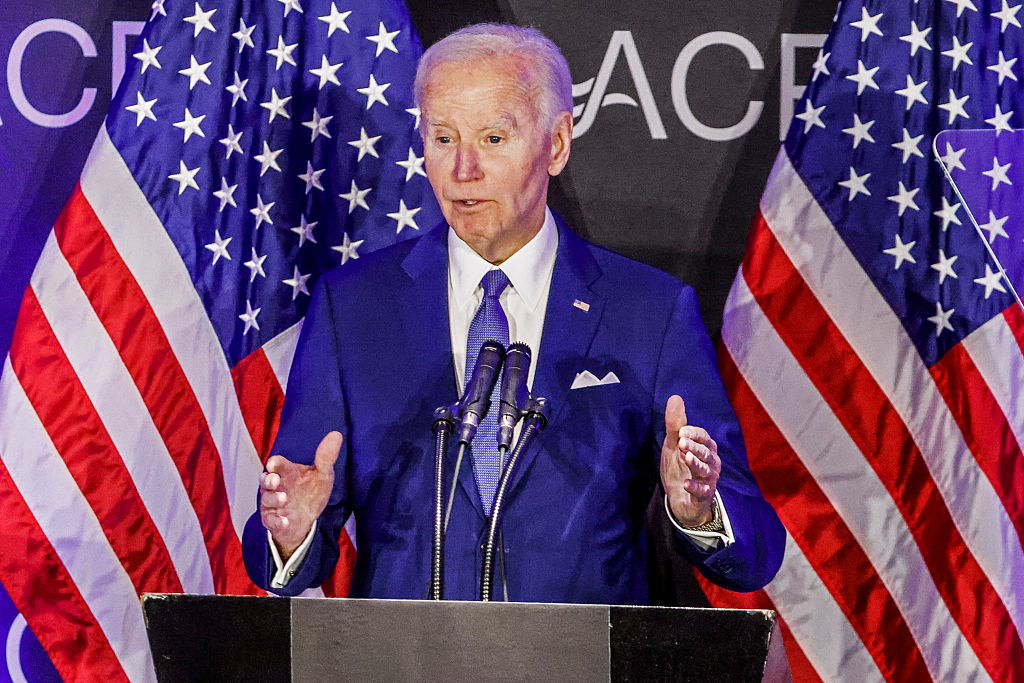
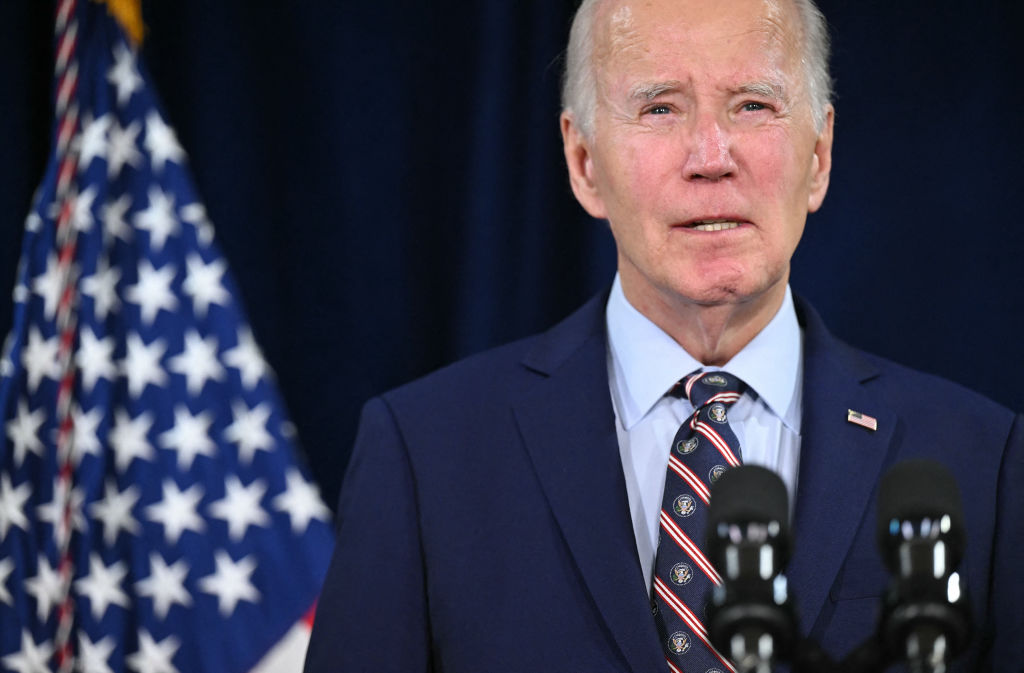







Leave a Reply